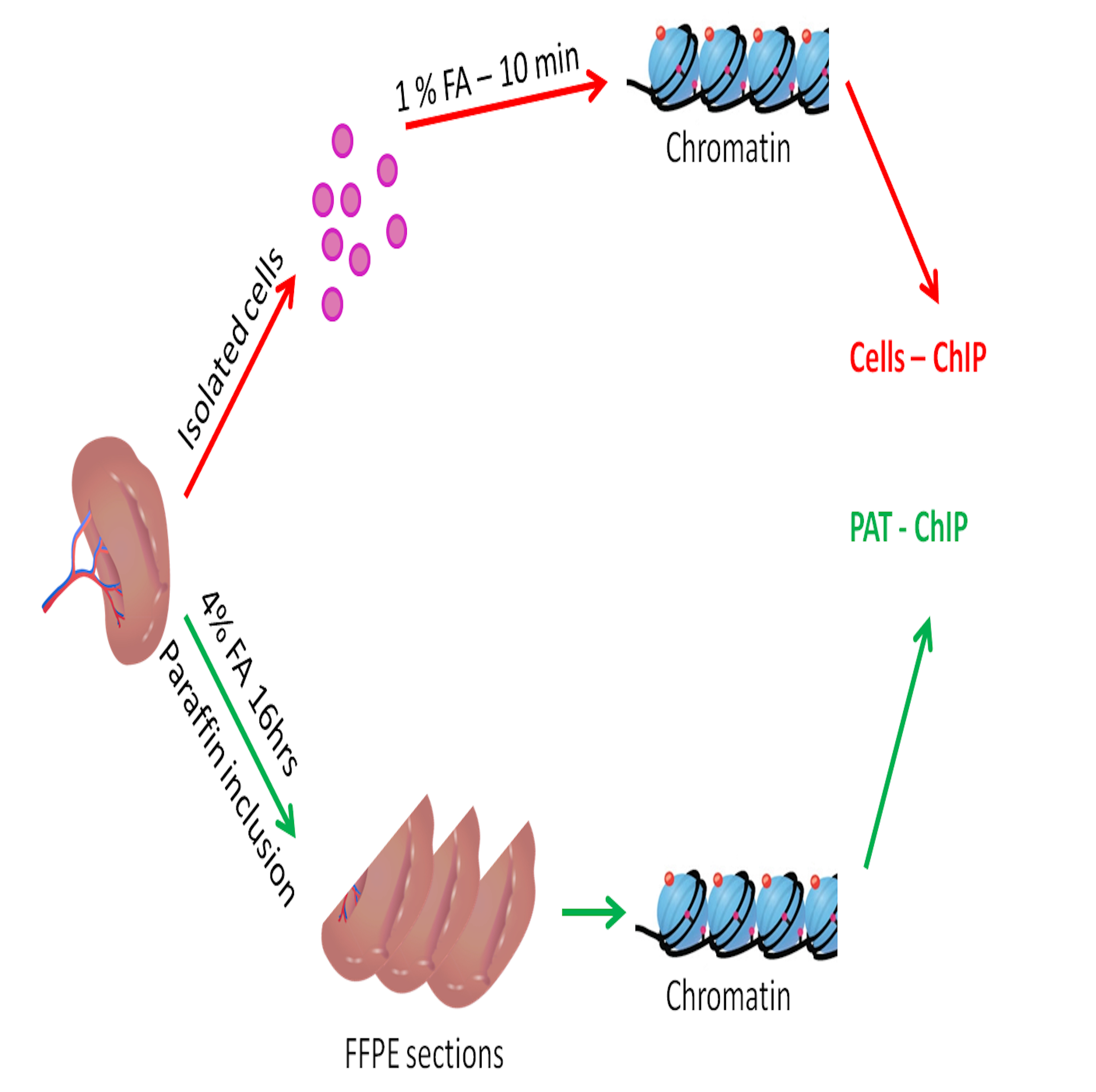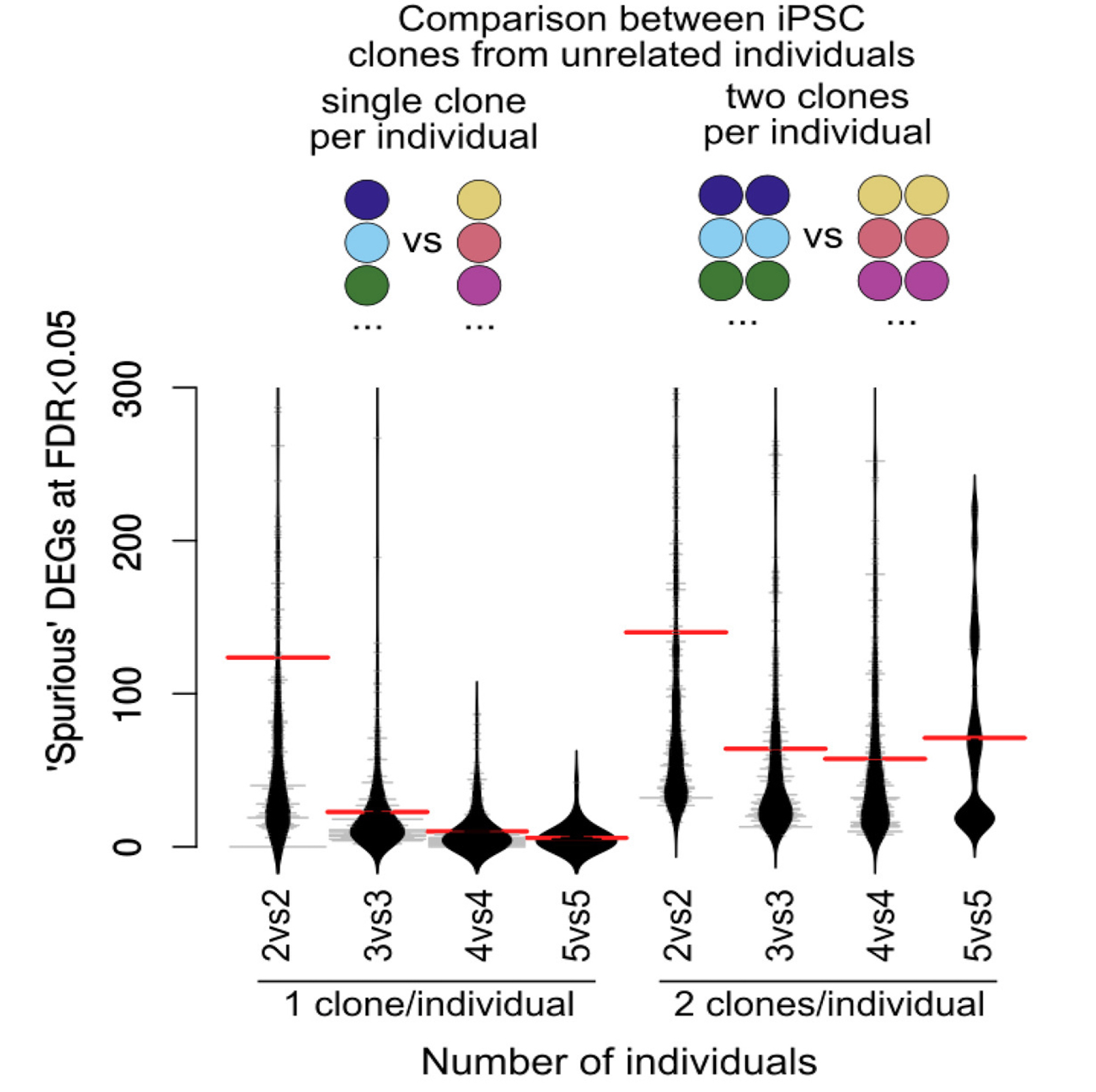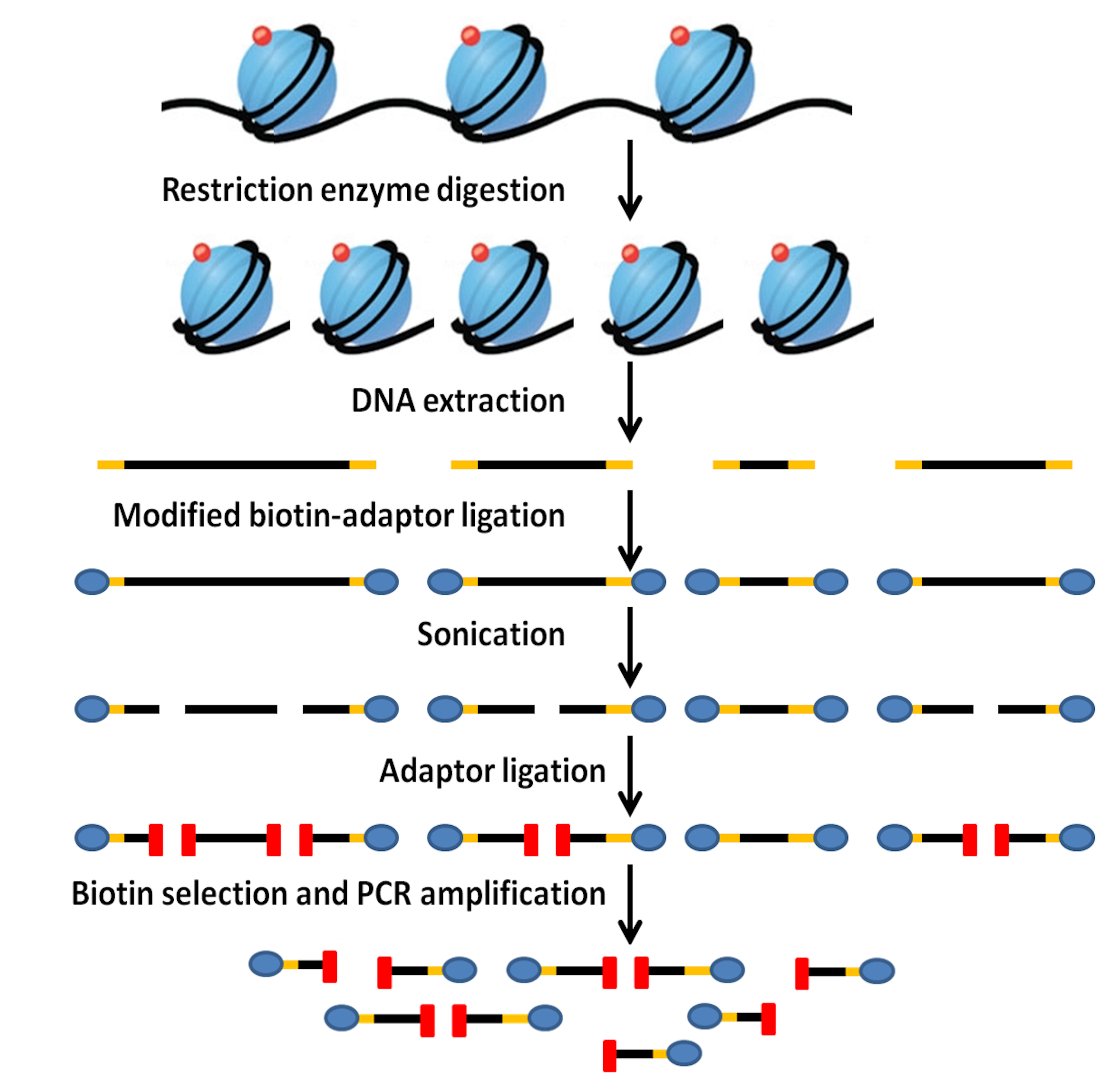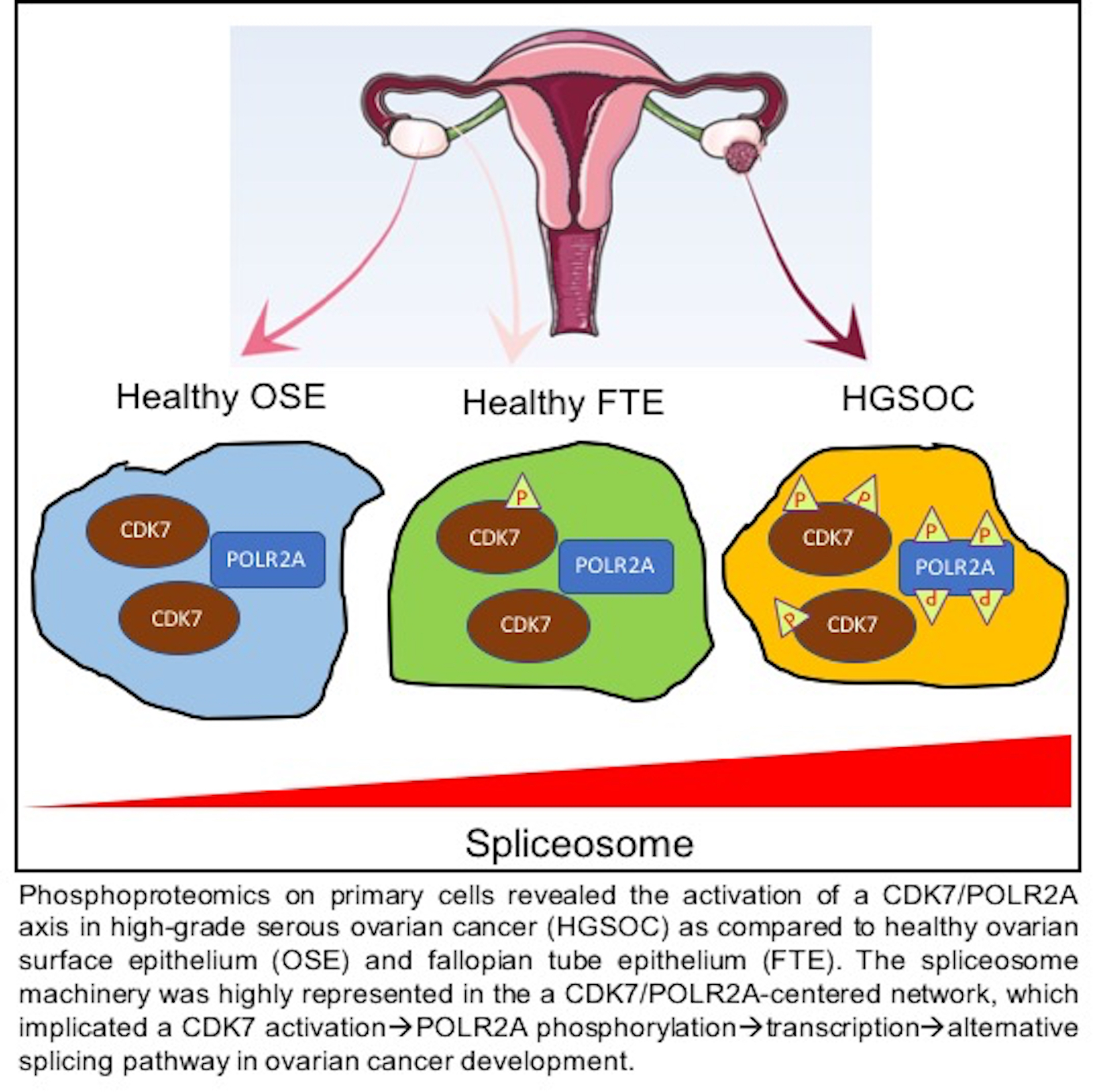Studies aiming at developing novel technological approaches, to answer increasingly challenging questions, represent a fertile field of research of our department. Our scientists, in fact, boast major results, primarily in the context of the studies focused on chromatin (Next Generation Sequencing -NGS- and Proteomic approaches), as well as on the set-up of novel bioinformatics pipelines.
The PAT-H-MS approach for the unbiased and quantitative analysis of epigenetic modifications in clinical samples.

MS-based identification of histone post-translational modifications as hallmarks of cancer.

The Pat-ChIP technique for the analyses of chromatin in paraffin-embedded tissues.

Empirical definition of optimal designs for reprogramming-based disease modelling.


